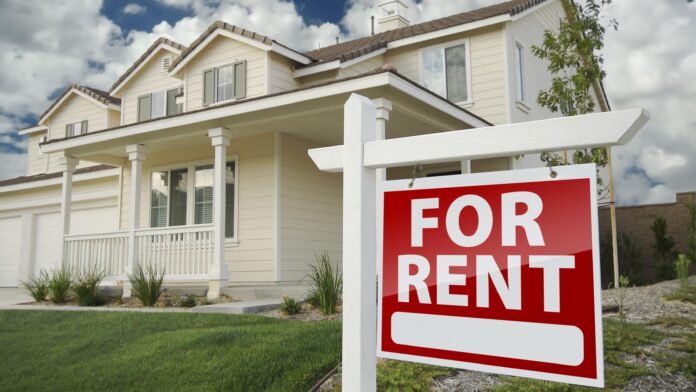Supply and demand are major factors on the increase of residential rental prices in Lethbridge.
According to the latest Rent Report from Rentals.ca and Urbanation, out of the 35 municipalities included Lethbridge is sitting 31st on the list one spot higher than Edmonton. According to the latest report, on average a one-bedroom apartment in Lethbridge cost $1,379 up 10.1 per cent from February of 2024, with a two-bedroom on average costing $1,583 a 8.1 per cent bump from the same month last year.
Low supply and underdevelopment
Associate Director of Communications at Rentals.ca Giacomo Ladas explained Lethbridge has seen the population increase over the years with inventory remaining relatively low. He says the city is seeing the impact and the need for the underdeveloped “purpose-built rental market” to be addressed and without more supply going on the market renters can most likely expect the increase in prices to continue.
“Lethbridge has been in the news lately because throughout 2024 we saw Lethbridge have like a 200 per cent increase in new housing starts and that’s after 2023 was a decade low of housing starts,” Ladas said. “Despite having higher starts you’re going to start seeing rental prices increase and that’s exactly what’s happening. Now Lethbridge pretty consistently has seen year-over-year rental increases – where areas like Calgary have been decreasing for a long time and Edmonton has been increasing but not at the rate of some other cities.”
Across Canada
He says across the country there is a multi-decade high being seen in general for apartments coming onto the market increasing the current supply, plus a slowdown in population growth on the national level and “the softening labour market and weakening economy” creating a formula for the rental prices to decrease nationally.
“I know Lethbridge has not but across Canada nationally rents have gone down in a lot of our major cities rents have gone down so when those three things happen that’s really how we get to where we are now where rental prices are at their lowest level since July of 2023.”
He said with the current trade war between Canada and the U.S. there could be several outcomes that could impact rental prices. This includes the possibility of Canada’s unemployment levels rising, which could lead to an increase in turnover and people moving out of their apartments, creating a higher rental vacancy rate.
“This could potentially have the effect of bringing rental rates down but at the same time, there could be an effect on housing development which could again have the impact of less supply coming to the market which could pull prices up. This is an unprecedented time where it could bring rental prices down because people can’t afford to live in apartments anymore and everyone’s moving out but it could also see rental prices really increase, as housing development crawls to a halt.”
Looking to the future
He says looking toward the future there are a lot of unknowns and uncertainty at this point. However, he says Wednesday’s announcement from the Bank of Canada on decreasing the interest rate could be a positive for development.
“What this does if interest rates get cut is it’s cheaper for developers to build and that is a huge reason why costs have gone up. Developer prices have skyrocketed just for everything, labour, lumber, all the red tape fees,” Ladas said. “So the big thing is to get those prices down, and if those prices don’t come down, obviously it’ll get offset to the consumer.”
He adds if interest rates continue to decrease it will be a good thing for the industry as a whole.







